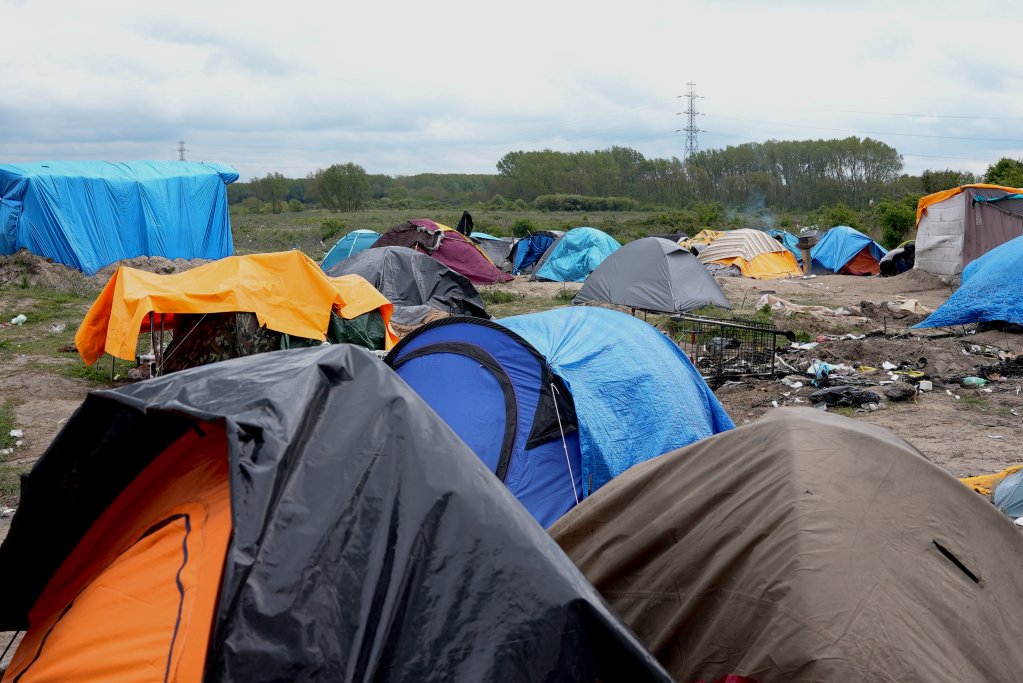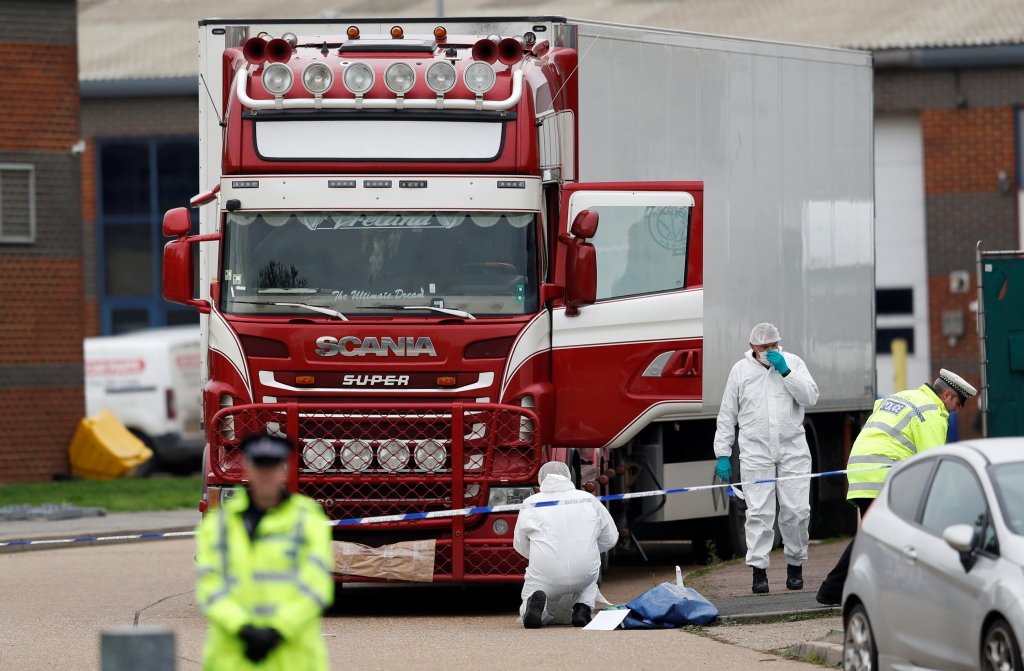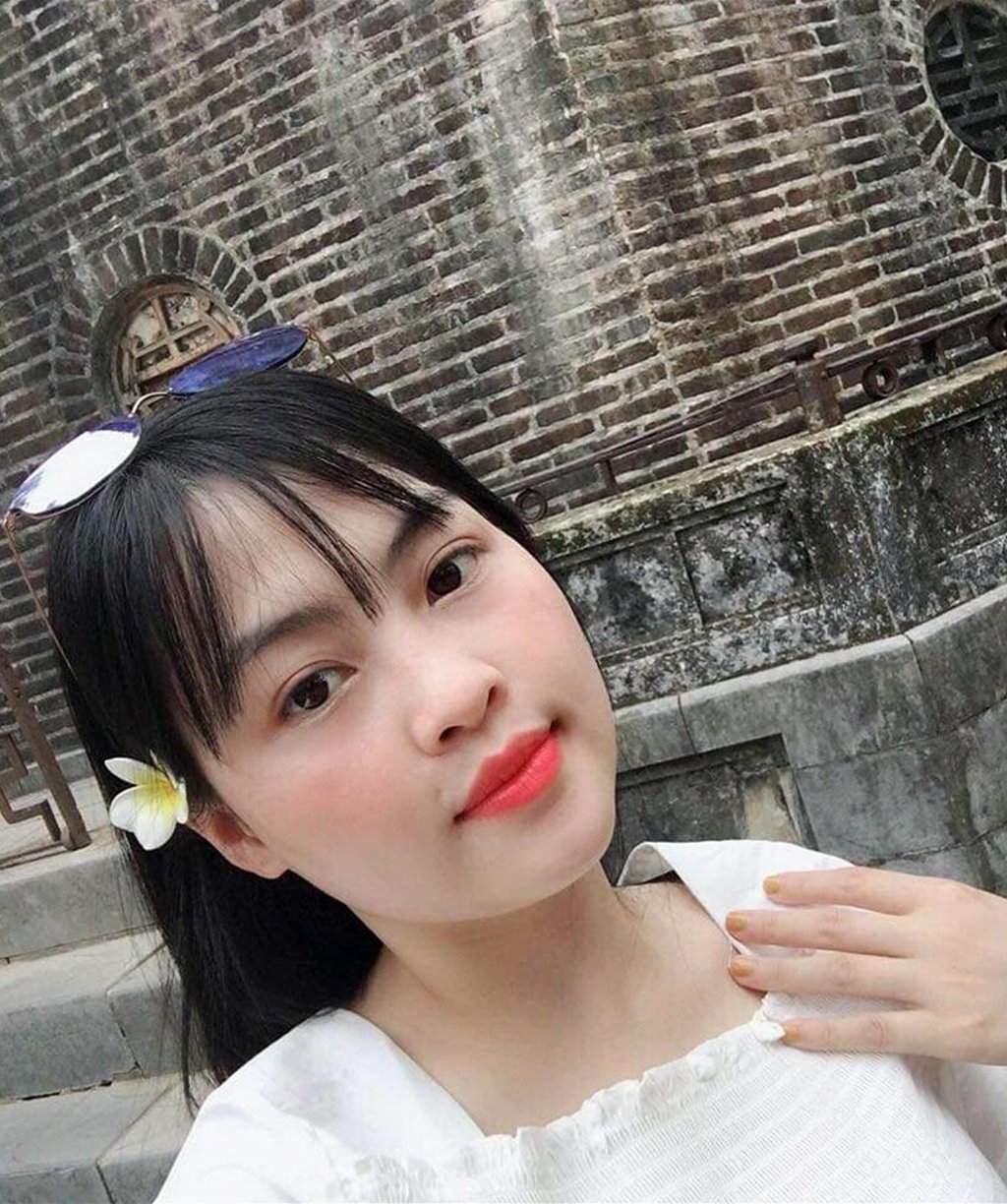The number of Vietnamese migrants crossing the Channel to the United Kingdom has surged this year. Following the tragic deaths of 39 Vietnamese who were trying to get to Britain in a lorry nearly five years ago, more are attempting the journey by boat.
The decision makers at 10 Downing Street in London have reason to be nervous. With just a few weeks to go to the elections, Prime Minister Rishi Sunak has failed in his pledge to "stop the boats". A record number of over 10,000 asylum seekers have arrived in Britain in boats so far this year.
Besides the numbers, another phenomenon has captured the attention of the British Home Office. The number of Vietnamese migrants in small boats has surged since the beginning of the year. Between January and March 2024, 1,060 people from Vietnam arrived in the UK by boat, representing 14% of the total number of arrivals. According to British media, Vietnamese now represent the largest community crossing the Channel.
"A theory on the recent spike in boat crossings is that the other migration route – the one that consists of hiding in the backs of trucks crossing the Channel Tunnel – has become more difficult in light of new regulations taken post-Brexit. This has led Vietnamese migrants to take small boats," said Seb Rubsy, a British sociologist at the University of Birmingham and a specialist on the Vietnamese community.
"Trade between the United Kingdom and continental Europe went down after Brexit, this means fewer trucks are transporting goods between the two regions," said Mimi Vu, an independent expert on human trafficking.
The UK was also the site of a people smuggling incident in 2019, which saw the suffocation of 39 Vietnamese migrants. The tragedy is said to be another factor that led Vietnamese migrants to change their method of getting to the UK.
'We are seeing more and more of them'
The French volunteers who regularly patrol the northern beaches have noticed the large number of Vietnamese on the coast since the beginning of the year. "It’s incredible, it’s a population that we haven’t come across at all before," said Olivier Ternisien, a volunteer for Osmose 62, which scouts the beaches of Boulonnais and Montreuillois.
"We come across equal numbers of women and men; they are rather young but I haven’t seen any families with children," said Sophie Roux, from the same association. She also remembered a community with slightly more money than the other migrant communities trying to reach the UK. "When they fail the crossing [of the Channel], they don’t even try to negotiate the price of the taxi to return to Dunkirk," she said.
The volunteers of the charity Utopia 56 confirm what the others have witnessed: "We have seen increasing numbers of Vietnamese on the northern coast since last summer, especially in Grande-Synthe and Dunkirk," said Angèle Vettorello, coordinator of the association in Grande-Synthe.

The Vietnamese community in the 2010s was mostly concentrated around the French city of Angres in the northern Pas-de-Calais department. The media even began calling Angres "Vietnam city" because of the mutual aid between the former communist municipality and the Asian community. Yet times have changed and local authorities closed the town hall building in 2018. "There haven’t been any Vietnamese here for several years," the town hall wrote in an email.
The Vietnamese now mingle more with other migrant communities (Kurdish, Bangladeshi or Sudanese). "There are increasing numbers of Vietnamese who come to the distribution points, which has led us to translate our brochures into Vietnamese," said Salomé Bahri of Utopia 56.
"Sometimes we see Kurds and Vietnamese in boats together. I think the two communities are mixing because the number of passengers per 'small boat' is higher," added Bahri.
The independent expert Vu agreed: "The [Vietnamese migrants] began associating with other groups once they started taking boats after the Essex tragedy and the closure of [Vietnam city] in 2018."
Up to 50,000 dollars to get from Vietnam to UK
Some Vietnamese migrants receive support from the Vietnamese community historically established in France. A joint police operation carried out by an office to combat migrant smuggling (Office de lutte contre le trafic illicite de migrants - OLTIM) at the end of May dismantled a network of migrant smugglers between France and the United Kingdom.
French police arrested 12 people suspected of housing and transporting migrants in the Paris suburbs, while British police arrested four others in England. A 25-year-old nicknamed Tuan is suspected of being at the head of the network.
The police operation offered insights into how Vietnamese smuggling networks operate. "To reduce their clandestine crossing costs, migrants transport methamphetamine, to supply Asian traffickers in Val-de-Marne," wrote French investigators in a document seen by InfoMigrants.
During a police search, the police discovered 218 grams of ketamine, 102 grams of methamphetamine and 36 grams of ecstasy, all synthetic drugs, on one of the suspects.

"Since the Essex tragedy, traffickers are now asking for 50,000 dollars [around 46,000 euros] or more. In exchange, they guarantee a safe trip to the United Kingdom and a future job," wrote independent experts Nadia Sebatoui and Mimi Vu in a 2020 study.
Also read: Smuggler jailed for 12 years over deaths of 39 Vietnamese migrants who died in truck
"Families borrow at least half of the total amount to pay for the first part of the journey from Vietnam to a European country (…) Traffickers and criminal groups use the situation of debt to control migrants throughout the journey. They are forced into exploitative situations, like working in a sweatshop or selling counterfeit medicines."
The Franco-British trafficking network housed migrants in several municipalities in Val-de-Marne, in Thiais, Choisy-le-Roi and Ivry-sur-Seine. "One of the arrested suspects told police that each migrant had to pay 20,000 euros for the crossing. His role was to take charge of Vietnamese migrants who had recently arrived in France with two-year Hungarian visas, by finding them housing and later jobs in nail salons."
Numerous passages through Hungary
Vietnamese migrants are taking advantage of diplomatic relations between their country and the countries from the former Soviet bloc (Hungary, Romania, Slovakia, Poland…) to reach Europe, according to recent studies. "Between 1981 and 1990, 217,183 Vietnamese were employed with contracts in these countries," said two researchers who conducted a field survey published in 2017.
"The majority of new arrivals come from several provinces in central Vietnam, such as Nghệ An and Hà Tĩnh, which have been economically neglected and have high unemployment rates. They generally come from poor, rural or urban backgrounds, and probably do not have university diplomas," said Rusby.
Hungary may be playing a role in actively attracting Vietnamese migrants. During an investigation carried out by OLTIM police officers, a Vietnamese exile allegedly explained that he had illegally obtained a visa from the Hungarian embassy in Vietnam in exchange for 8,000 euros in cash.
"I have the impression that smugglers are constantly looking for new loopholes, which sometimes close, before new routes are discovered. The situation is rapidly evolving," added Rusby.
A few years ago, smugglers took advantage of a partnership between Vietnam and Malta to enroll young Vietnamese in the Malta College of Arts, Science and Technology. According to the British daily The Guardian, of the 265 Vietnamese students who obtained the visas, only two had returned home.
"These children, at the mercy of smuggling networks, were found by police in countries like Belgium, Germany and Switzerland, enslaved in nail salons and exploited," said independent expert Mimi Vu. The college has since ended the partnership.
Also read: Migrants crossing Channel register a new daily record for 2024
Nail bars and Cannabis farms
Once they arrive in the United Kingdom, Vietnamese usually work in nail bars, or more rarely in cannabis farms, which the British police regularly close.
The Vietnamese diaspora imported the concept of nail bars to the UK from the United States in the early 2000s. "They represent more than 60% of the businesses set up by the Vietnamese community," noted the researchers.

Vietnamese smuggling networks meet their clients as soon as they arrive in the UK in their small boats.
"What we know is that the traffickers on the English side are highly organized, they know where they are going. Everything is organized on their side," said Olivier Ternisien of the Osmose 62 association.
In an attempt to discourage Vietnamese from boarding the boats, the British government recently launched a campaign on social media on the risks of crossing the Channel.
Since the start of 2024, however, Channel crossings have continued, resulting in the deaths of at least 16 migrants.
